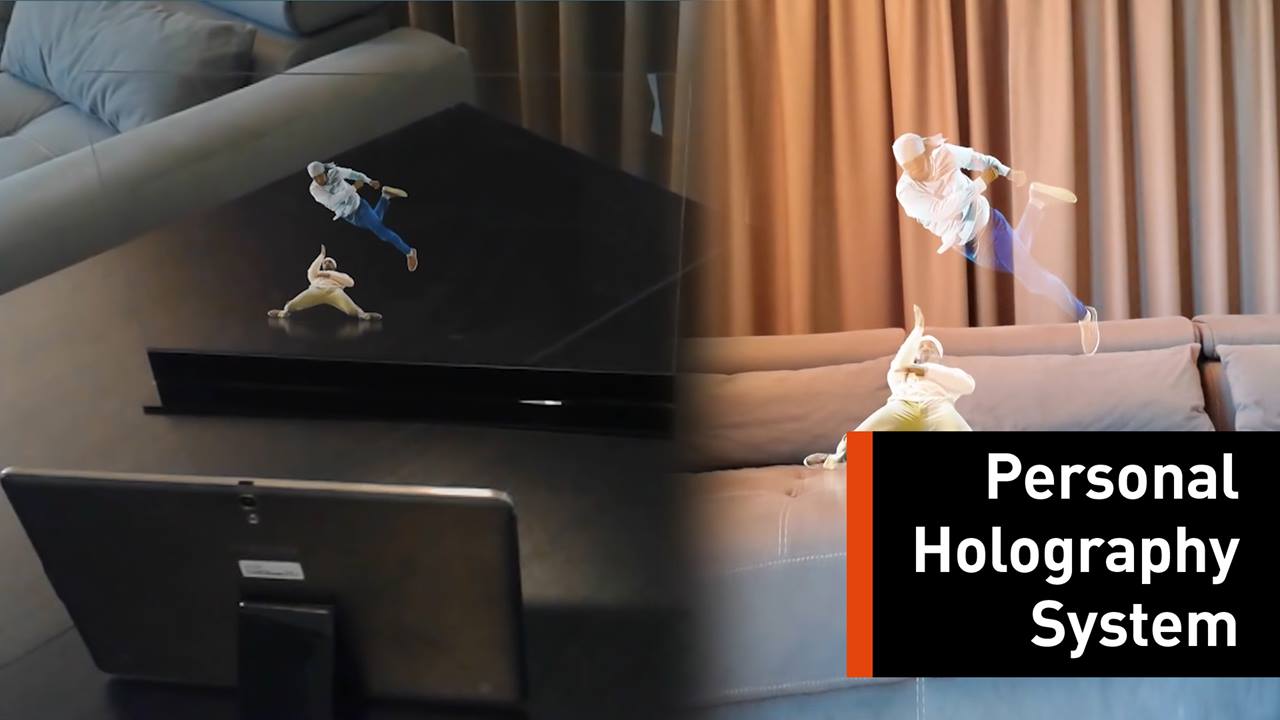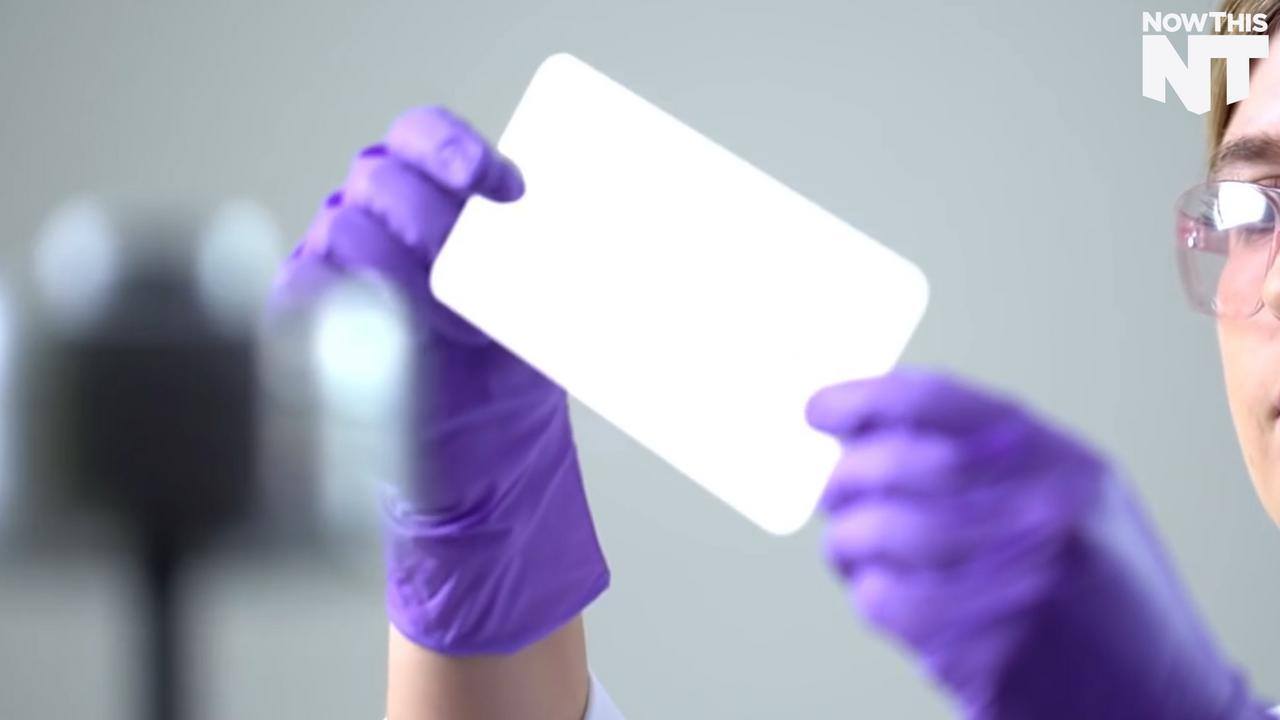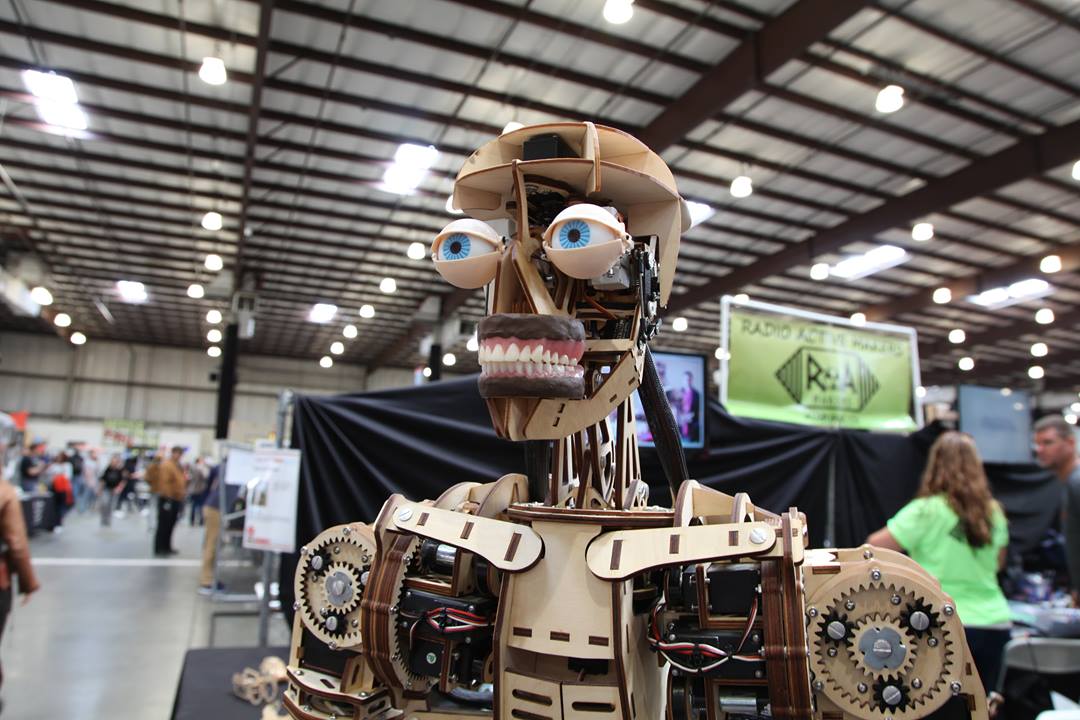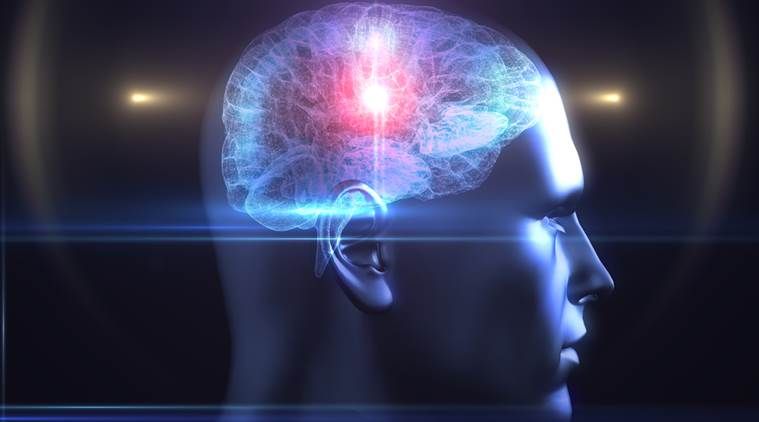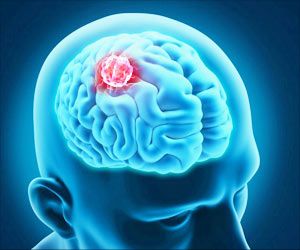Page 10904
Aug 31, 2016
Beauty through the eye of an AI: Algorithm chooses attractive selfies
Posted by Shailesh Prasad in categories: information science, robotics/AI

Beauty is in the eye of the beholder, but for one contest the beholders are AI. Beauty.AI used 5 robots to judge 6,000 selfies and choose winners for an international beauty contest.
Aug 31, 2016
NASA is Designing A Submarine To Explore Titan’s Largest Ocean
Posted by Shailesh Prasad in category: space
NASA is designing a submarine that will one day be deployed to Saturn’s moon Titan, and explore it’s largest hydrocarbon ocean Kraken Mare. The project is just in the conceptional phase with the mission beginning in 2038, at the earliest.
Despite being a moon, Saturn’s natural satellite Titan is remarkably planet-like. More notably, it has striking similarities to Earth such as clouds and a dense atmosphere.
It does, however, have oceans of liquid methane instead of water, since its temperature is far too cold for liquid water to exist. This would make is most uncomfortable for much of life on Earth. Still, scientists have reasons to believe that life could emerge under these harsh circumstances, since its thick atmosphere is rich in methane and other organic compounds—signs indicative of life from an Earthling’s perspective.
Continue reading “NASA is Designing A Submarine To Explore Titan’s Largest Ocean” »
Aug 31, 2016
Lenovo’s Yoga Book is part tablet, part sketch pad
Posted by Shailesh Prasad in categories: computing, innovation
Let’s face it: Tablets are on the brink of death, and it’s difficult to get excited about a new slate these days. And even though tablet-laptop hybrids are taking off, that market is cornered by Surfaces and iPad Pros. So I wasn’t prepared to be as thrilled as I was by Lenovo’s latest offering. The Yoga Book, based on my experience with a preview unit, is not merely a mimicry of Microsoft’s Surface Book; it has impressively innovative features and a well-thought-out interface that make it a solid hybrid in its own right.
Aug 31, 2016
What Mind-Controlled Drones Mean for the Future of Digital Marketing
Posted by Karen Hurst in categories: bioengineering, biotech/medical, drones, finance, government, neuroscience, robotics/AI, wearables
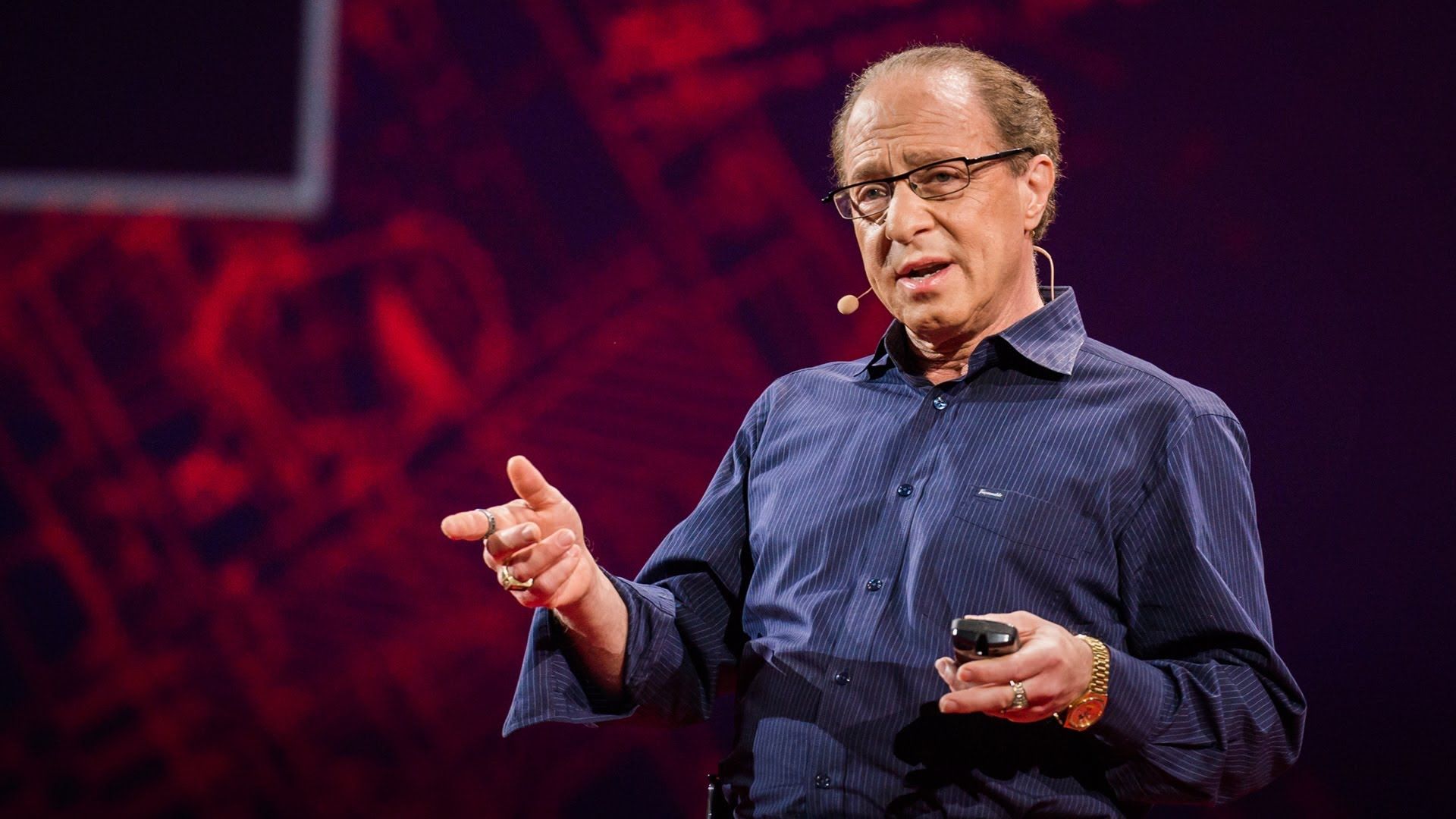
Luv this article because it hits a very important topic of how will things change with BMI/ mind control technology in general. For example with BMI will we need wearable devices? if so, what type and why? Also, how will banking, healthcare, businesses, hospitality, transportation, media and entertainment, communications, government, etc. in general will change with BMI and AI together? And, don’t forget cell circuitry, and DNA storage and processing capabilities that have been proven to date and advancing.
When you take into account what we are doing with synthetic biology, BMI, AI, and QC; we are definitely going to see some very amazing things just within the next 10 years alone.
Continue reading “What Mind-Controlled Drones Mean for the Future of Digital Marketing” »
Aug 31, 2016
Brain hi-jacking could become a reality soon, warn researchers
Posted by Karen Hurst in categories: biotech/medical, cybercrime/malcode, neuroscience
A very old story and one that myself and others have raised many times. However, worth repeating due to the current advancements in BMI.
A vulnerability of brain implants to cyber-security attacks could make “brainjacking”, which has been discussed in science fiction for decades, a reality, say researchers from the University of Oxford. Writing in The Conversation, an Australia-based non-profit media, Laurie Pycroft discussed brain implants as a new frontier of security threat.
The most common type of brain implant is the deep brain stimulation (DBS) system. It consists of implanted electrodes positioned deep inside the brain connected to wires running under the skin, which carry signals from an implanted stimulator.
Continue reading “Brain hi-jacking could become a reality soon, warn researchers” »
Aug 31, 2016
Brain Cancer Cell Line Used In Research Faces Identity Crisis
Posted by Karen Hurst in categories: biotech/medical, genetics, life extension, neuroscience
Glad this discovery has been found; however, sad to hear as well. Sharing for my friends involved with anti-aging (Alex) and others work on the cancer cure.
Genetic signature of the brain cancer cell lines used for research is different from the original patient tumor cells.

